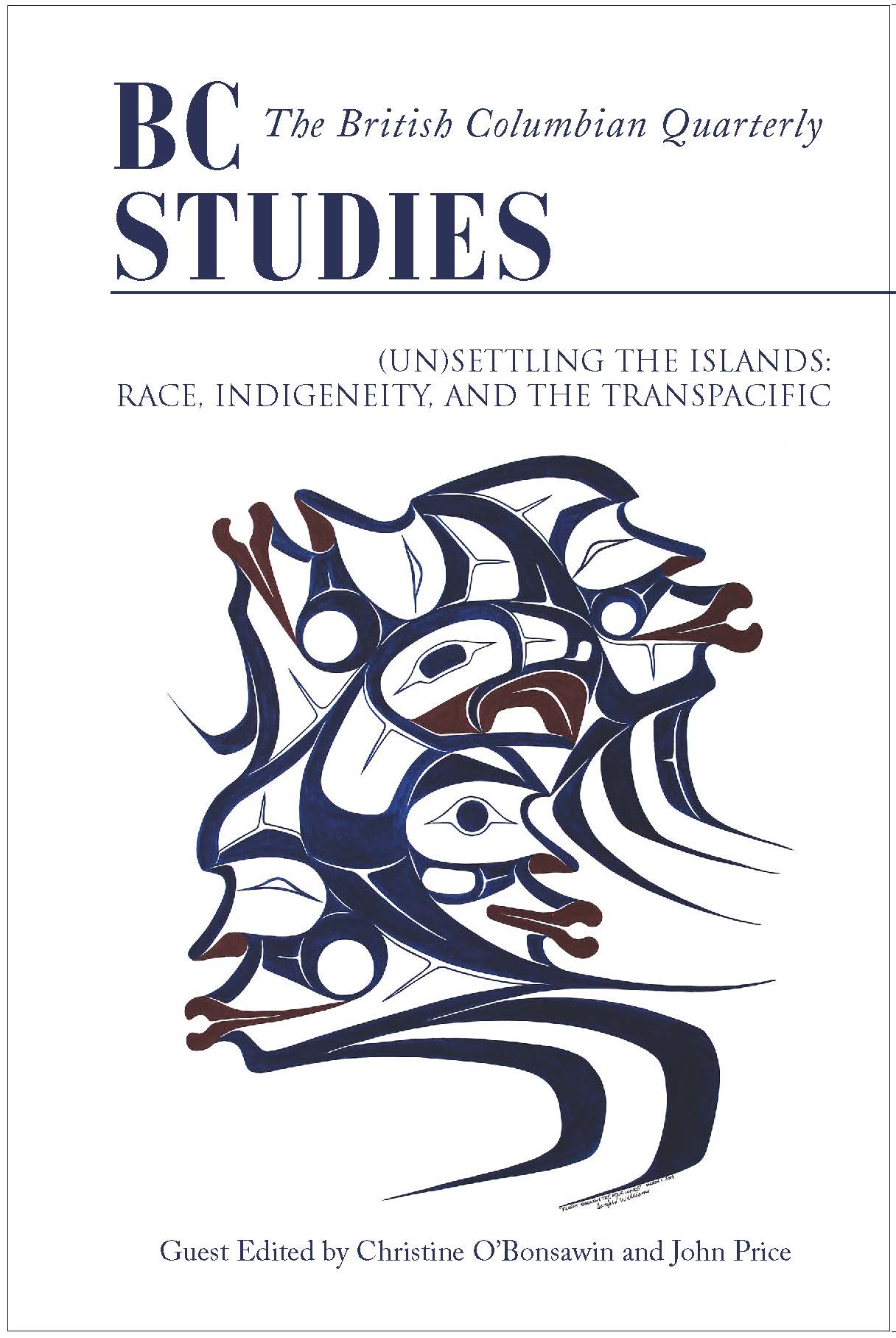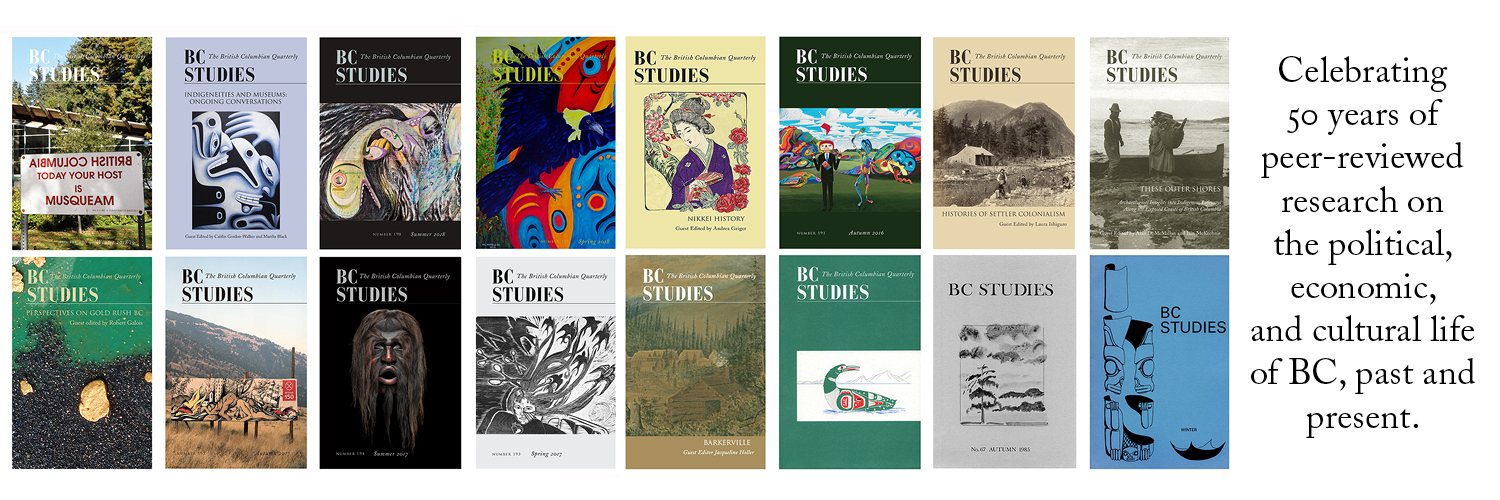Taraknath Das (1884–1958): British Columbia, and the Anti-Colonial Borderlands
DOI:
https://doi.org/10.14288/bcs.v0i204.191688Keywords:
colonialism, Komagata Maru, race and racism, south asians, transpacificAbstract
Political radical and Indian nationalist Taraknath Das (1884-1958) occupies a growing place in the historiography of Indian nationalism as well as a minor but burgeoning place in studies of North American histories. This article will examine the pivotal years of 1907 to 1914 in which Das spent considerable time in the borderlands space between British Columbia and various points south and west, including Seattle at the University of Washington, and the University of California-Berkeley, as well as work for the US Immigration and Naturalization Service in 1907 and 1908. Through contacts on both sides of the U.S.-Canadian border, Das became a target for the growing surveillance apparatus that linked the British Empire, Canada, and the United States of America. Through the presence of Vancouver and Victoria as emergent nodes in a network of overseas Indian nationalism in the Pacific Northwest of the early twentieth century, this article argues that this space was key for the development of his early work, nationalist publishing, and links to a broader network of anti-colonial activism throughout the world.



